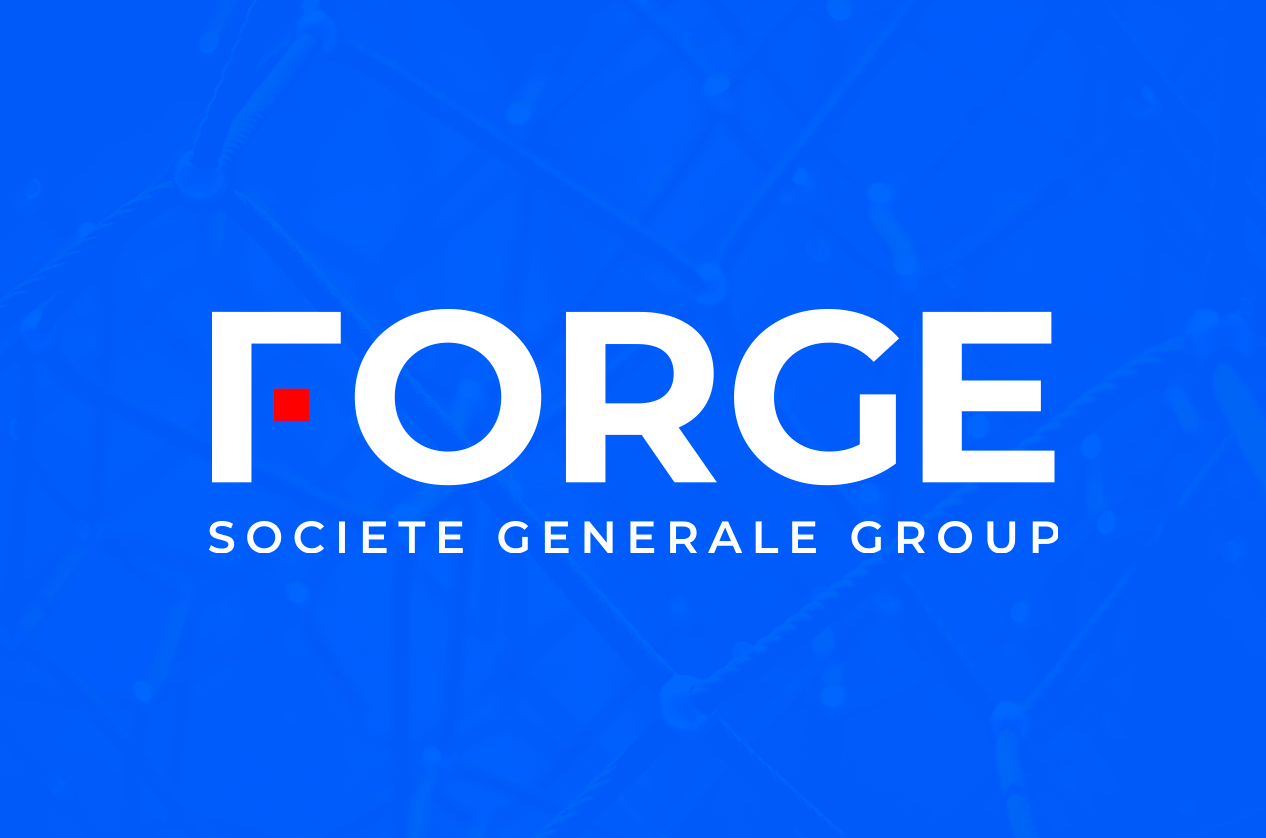- Homepage >
- Adoption & support >
- Tokenization
Tokenization
In essence, tokenization is the process of taking an existing function or asset and representing it as a token, which develops and releases on chain.

Advantages
- Fractional asset ownership: Facilitated asset ownership
- Asset liquefaction: Assets become more easily tradable
- Less intermediaries: Blockchain and smart-contracts guarantee the security of digitized assets
- Cost reduction: Through automation and digitization
Which assets can be tokenized?
- Money: “coins” [endogenous currency (the intrinsic cryptographic tokens of each protocol)], « tokens » [resulting from smart contracts].
- Bonds: the blockchain opens up an automated management of registers, the payment of coupons or detachment of rights is possible with all the others advantages identified.
- Equities: smart contracts facilitate the management of preferential subscription rights or the exercise of warrants, but also the management of shareholder registers, shareholder agreements, shareholders, pre-emptive rights or qualified majorities per share class and generally voting participation and access to financial information.
- Real estate or non-fungible assets: benefit from a higher liquidity and divisibility.
Resources & Support
Start building on Tezos:
https://developers.tezos.comFor more information on Tezos:
https://tezos.com

